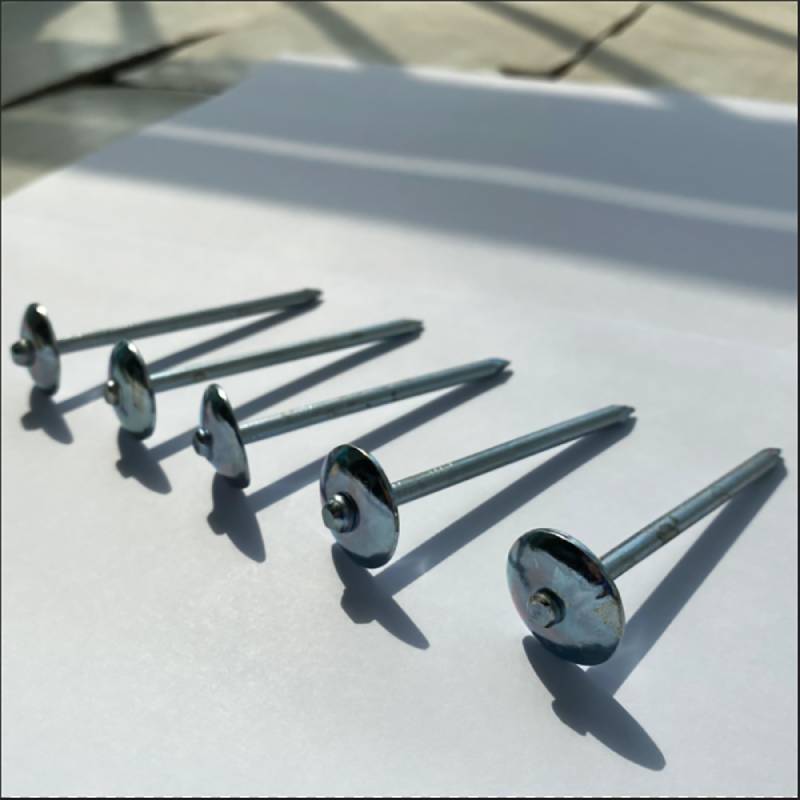Cost Analysis of Installing Razor Wire Fencing for Security Perimeter Solutions
Understanding the Cost of Razor Wire Fencing A Comprehensive Guide
Razor wire fencing is a formidable security solution commonly used in a variety of settings, such as prisons, military installations, industrial sites, and private properties that require an additional layer of protection. While its primary function is to deter intruders, one of the critical considerations for potential buyers is the cost associated with razor wire fencing. In this article, we will explore various factors that influence the overall expense, helping you to make an informed decision.
1. Materials and Types of Razor Wire
The cost of razor wire fencing is primarily determined by the type of materials used. Standard razor wire is made from high-tensile galvanized steel and can come in various styles, including concertina wire and flat wrap wire. Concertina wire is often more expensive due to its coiled design, which provides enhanced security and a deterrent effect. In contrast, flat wrap wire is usually cheaper and can be easier to install, but it may not offer the same level of security.
On average, the cost of razor wire ranges from $0.10 to $0.50 per linear foot for the wire alone. More specialized options, such as stainless steel or plastic-coated razor wire, can be significantly more expensive, sometimes reaching upwards of $2.00 per foot.
Installing razor wire fencing involves more than just the purchase of the wire itself. The installation process, which may include the construction of posts, fencing panels, and the actual deployment of the razor wire, incurs additional costs. Labor charges can vary widely based on location and the complexity of the installation job. On average, it may cost between $5 to $15 per linear foot for professional installation.
razor wire fence cost

If you decide to take the DIY route, you can save on labor costs, but it is crucial to ensure that the installation is compliant with local regulations and safety standards. Improperly installed razor wire fencing can pose safety hazards and legal liabilities, which could lead to additional expenses down the line.
3. Additional Features and Accessories
To maximize the effectiveness of razor wire fencing, many choose to include additional features. These can include security lights, motion sensors, alarms, and even surveillance cameras. Each of these features adds to the overall cost but can significantly enhance the security of your property. On average, these additional features can range from a few hundred to several thousand dollars, depending on the scale and sophistication of the systems installed.
4. Maintenance and Long-Term Costs
It's essential to consider the long-term costs associated with razor wire fencing. Regular maintenance is required to ensure its efficacy and longevity. Weather conditions, rust, and wear-and-tear can cause the fencing to deteriorate, necessitating repairs or replacements over time. Budgeting for ongoing maintenance will help you avoid unexpected expenses.
Conclusion
In summary, the total cost of razor wire fencing can vary significantly based on several factors, including the type of materials chosen, installation expenses, additional security features, and maintenance needs. While the initial investment might seem substantial, it’s important to weigh this against the protection and peace of mind razor wire provides. By thoroughly evaluating your security needs and budgeting accordingly, you can make a well-informed decision that ensures the safety of your property. As always, consult with a security expert or a fencing professional to find the best solution tailored to your specific requirements.
-
Space-Saving Chain Fence Hacks Vertical Gardening with Cyclone MeshNewsJul.16,2025
-
Innovations in Iron Nail Wire Production for Modern ConstructionNewsJul.16,2025
-
Creative Uses of Wire Netting Fence in Modern Landscape DesignNewsJul.16,2025
-
Barbed Wire Fence Innovations in Anti-Climb TechnologyNewsJul.16,2025
-
Architectural Uses of Umbrella Nails for Aesthetic Roof DesignsNewsJul.16,2025
-
Architectural Uses of Razor Barbed Wire in Secure Urban DesignNewsJul.16,2025




